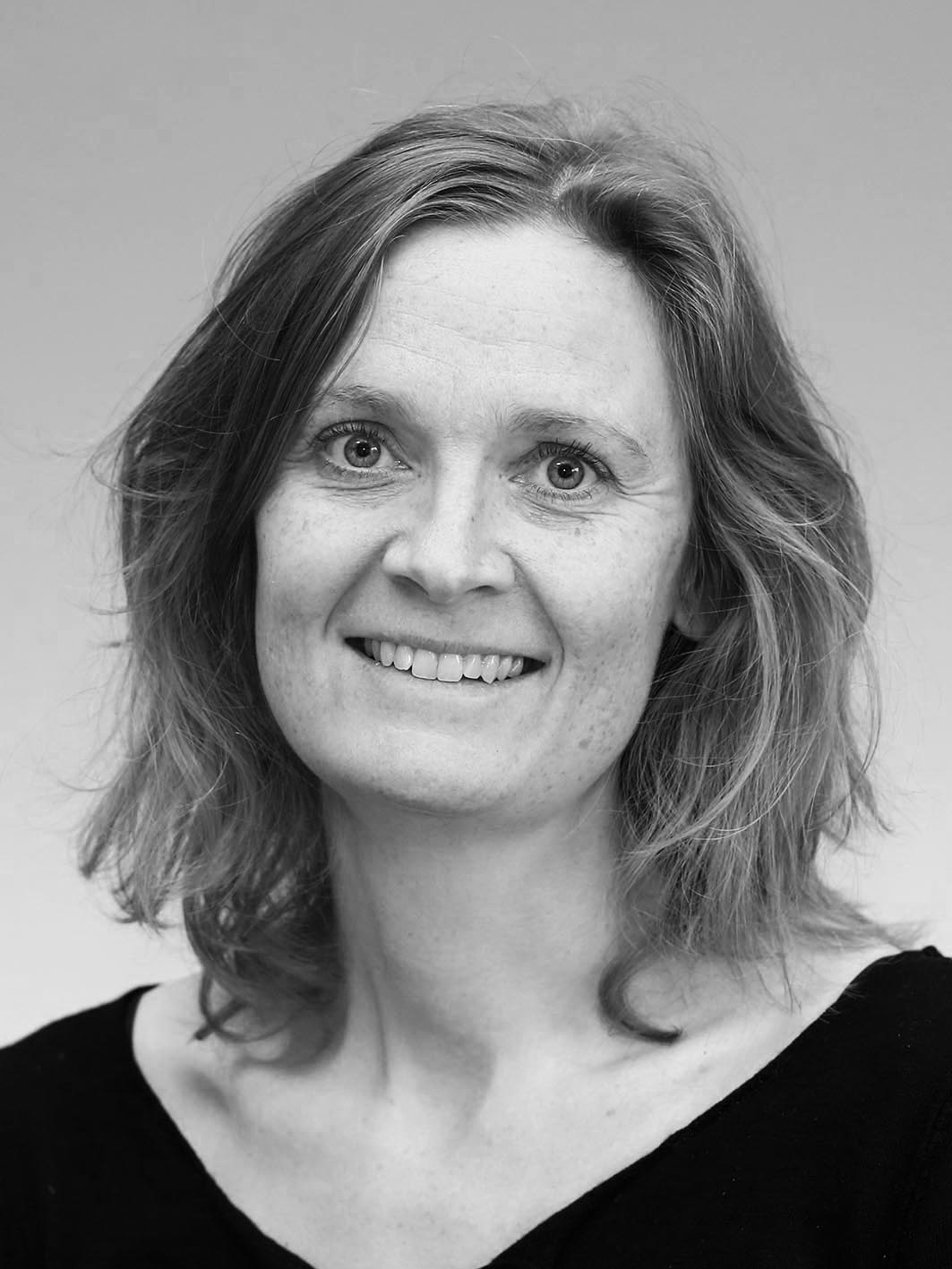THEME: What about the long-term view
Several groups of refugees do well in the labour market. Almost as well as the average for Danes, if we take the employment rate 15-20 years after a refugee arrived in Denmark. But getting this information into the public domain is difficult, according to an expert on refugees.

Somali women and Danish women have almost the same high employment rate. That is, when we look at Somali women who have been in Denmark for more than 15 years – and look at periods with an economic boom. This is the result of an analysis carried out by Anna Piil Damm, associate professor at the Department of Economics and Business Economics, Aarhus University, in collaboration with Professor Christian Dustmann and PhD student Kirstine Vasiljeva, who submitted her PhD dissertation in December 2015.
"The average figures for employment give the wrong impression. Once refugees have been here for 17-18 years, more than half have a job," says Anna Piil Damm.
She has focused on refugees since the turn of the millennium and has completed several research projects on the subject of refugees' affiliation with the labour market. She feels provoked by the fact that no one is interested in what happens in the long term.
READ MORE: Bachelor student manning the barricades for refugees
"New refugees arrive all the time and of course they don’t have work in the beginning. So, when we only measure employment against the group as a whole, the figures don’t show how they’re doing after 20 years. Here, as many as 85 per cent of Somali women have jobs, while Tamil men almost reach the same high employment rate as well. That’s about the same as Danes in general," she says.
As a rule of thumb, she always uses a employment rate of approximately 80 per cent among ethnic Danes for comparative explain purposes.
The Refugee Debate
The refugee debate: Rarely has an issue been so illuminated - but at the same time, so difficult to take a position on. Denmark - and the rest of Europe - finds itself in a dilemma between human value and compassion on the one hand, and financial consequences and pressure on the welfare state on the other.
Omnibus has asked two of AU’s experts on refugees - Associate Professor in Economics Anna Piil Damm and Professor of Political Science Peter Nannestad, to respond to the question: Are refugees a resource or an expense. And does it even make sense to ask that question?
The response from the two experts is both a no and a yes.
But both experts have a shared frustration about how difficult it is to introduce factual information into the debate.
No room for nuances
"The analysis explodes the myth that refugees do not get jobs – but unfortunately, the picture is not clear enough for the media to expound it," says Anna Piil Dam.
She has recently had a nationwide TV station ask her for an interview, but then back out when she was not able to tell them in one sentence, which local environment was most beneficial for both children and adults.
"It's frustrating that research which adds nuances and documents the complexity of an issue is pretty much consistently ignored," she says.
She would prefer that the people were aware of the facts, even though this makes it more difficult to relate to the refugee crisis.
Makes no sense
Anna Piil Damm’s conclusion is that it DOES NOT make sense to ask whether refugees are an expense or a resource.
"Of course refugees are an expense for many years after being given asylum! Many of them arrive in Denmark suffering from traumas. Family reunification takes time, as does learning the language and finding the sense of security that’s needed before they have the resources to work and find a job they are qualified for."
READ MORE: Denmark, borrow more money
She is absolutely certain that refugees bring quality to Denmark and also mentions increased cultural diversity, both culinary and in business.
"We don’t accept refugees because we need them as manpower in Denmark. We accept them because they are fleeing from war and are looking for a safe place to live. Refugees do not solve a companies' need for manpower – regardless of whether they need well-educated or unskilled workers."
Jobs increase quality of life
Through her work and research, Anna Piil Damm is convinced that affiliation to the labour market is an important factor for a good life as a former refugee in Denmark. In this context, accommodation and friends among ethnic Danes is less important.
"We know that access to the labour market is easiest if a refugee knows other non-Western immigrants who have already got a foothold in the labour market," says Anna Piil Damm.
We must invest in education
In a PhD dissertation by Kristine Vasiljeva, which has Anna Piil Damm as supervisor, one aspect she examines is whether the success of the Danish People's Party is partly due to Danes fearing that the welfare state will be undermined, if refugees do not find an ordinary job.
"If the majority of Danes are to continue to be willing to accept refugees, an absolutely crucial factor can be that they find jobs. This is why society must invest in education for the refugees – so that they learn to manage in the labour market," says Anna Piil Damm.
- Documentation: See graphics by Anna Piil Damm: Employment Rate Refugees by Gender
Translated by Peter Lambourne

